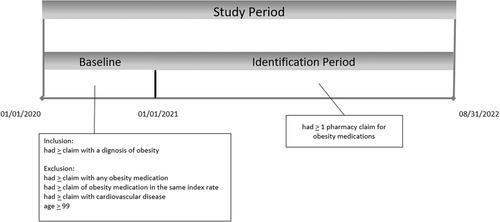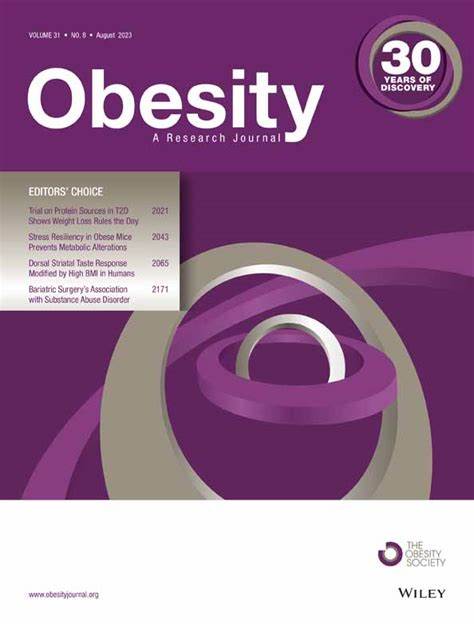Obesity and its cardiovascular complications are major causes of morbidity and mortality. Little is known in real-world settings about the effect of newly approved antiobesity medications (AOMs) on cardiovascular complications among patients with obesity.
This retrospective cohort study examined the association between newly approved AOM use and cardiovascular events among Medicare patients with obesity using data from 2020 to 2022. Patient age, gender, comorbidity scores, socioeconomic status, and baseline cardiovascular comorbidities were compared descriptively. Subgroup analysis compared variables by medication type. Relative risk and absolute risk of cardiovascular disease (CVD) events were estimated using Cox and Aalen regression models.
The analysis included 5926 patients treated with semaglutide and tirzepatide, including Ozempic (5404 patients), Wegovy (375 patients), or Mounjaro (147 patients). Hypertension, type 2 diabetes, and hyperlipidemia were the most common comorbidities. For patients with AOMs, less incidence of heart failure (4.89% vs. 6.13%, p < 0.0001), atrial fibrillation (3.83% vs. 5.17%, p < 0.0001), arrhythmia (3.59% vs. 4.14%, p < 0.0153), and peripheral vascular disease (3.44% vs. 2.94%, p < 0.0395) was found versus patients without AOMs. Patients receiving AOMs showed an 8% risk reduction in any CVD. Protective effect on CVD was apparent over the first 375 days.
Results suggest that utilization of AOMs effectively alleviates the high prevalence of CVD.



